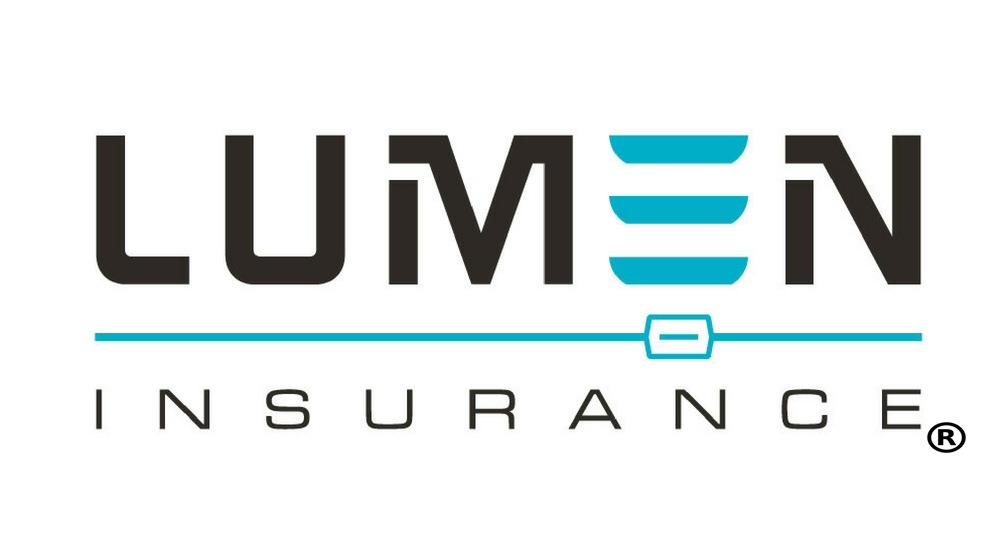
Tips for De-Stressing and Recognizing Mental Health Issues in Your Employees

A recent Forbes article discusses why depression increases during the holidays and can be summed up in three words: stress, family and expectations. The holidays are over, new year resolutions have been made and everyone is back to the grind. In talking with several startup tech founders in the tech community, the expectations and stress sound like a year-round issue.
I recently read a telling article from the San Francisco Times about Joseph Thomas, an African-American Uber engineer. Though he seemed to be living the ‘American Dream’, he ultimately took his life after battling with stress, anxiety and depression. It was a tragic story highlighting the importance of mental health and linking it to the workplace environment. Unfortunately, Joseph Thomas is not alone. In research conducted by Stanford business professors, Jeffrey Pfeffer and Stefanos A.Zenios, workplace stress contributes to at least 120,000 deaths each year. The biggest factor in this calculation is lack of health insurance (leading to lack of treatment), which contributes to 49,000 deaths; followed by unemployment, which contributes to 34,000 deaths; and job insecurity and high work demands, which each contribute to about 30,000 deaths. This spurred me to do a little digging on mental health awareness and depression prevention to help prevent tragedies like these from happening.
How to Identify the Warning Signs

Most early stage tech companies operate in a full throttle environment, making anxiety and burnout common. In the Harvard Business Review article, Why We Need To Talk About Burnout In The Tech Industry, a survey by Kronos found three top-cited factors for workplace burnout: unfair compensation (41%), an unreasonable workload (32%), and too much overtime work (32%). Does that sound like a typical tech startup? Since 1 in 5 suffer from a mental illness according the National Alliance of Mental Health, it is important for managers and leaders to understand the warning signs of someone who is close to burnout or could be suffering from a mental illness.
Here are some warning signs of mental illness from an Inc.com article:
- Decreased productivity
- Morale issues
- Lack of cooperation
- Safety problems and accidents
- Absenteeism
- Frequent complaints of being tired all of the time
- Complaints of unexplained aches and pain
- Alcohol and drug use
The best way to recognize these factors is to have a pulse on your culture and know your people. This will help you identify drastic changes in behavior and react accordingly.
How to Handle the Situation. Patton’s Approach Was a Little Too Much.

Though Patton did a lot to help win WWII, but he was not a role model when it came handling a mental illness, then referred to as ‘battle fatigue’ and now called Post Traumatic Stress Disorder (PTSD). In short, he publicly humiliated them through verbal and physical abuse for not getting back into the battle. Fortunately, we have learned a lot when it comes to mental illness and how to react accordingly.
In the Inc article, What to Say (and Not Say) When an Employee Is Depressed, psychologist and therapist Dr. Lori Whatley’s suggestions can be summarized by the following methodology for talking with potentially depressed employees:
- Express your concern for the employee.
- Comment on your observation of their behaviors
- Offer to help or find help
- Accommodate and be supportive
One way to find help is through your company Employee Assistance Program (EAP). An EAP connects member employees to confidential, professional assistance to help with personal, family, and work issues. Often, these services come at no charge to the employee and are included with your employee benefit plan, even if you are with a PEO.
Prevention: General Tips to Manage Mental Health

Obviously, prevention is the best way to manage mental illness. Here are a few for starters:
- Take care of the body – just about every article I read regarding reducing mental health points back to a good diet and regular exercise. Other ways to take care of your body can include sleep, good posture, deep breathing, among many others. Know your physical state affects your mental state.
- Take care of the mind – pray, meditate, journal, read, practice gratitude, etc. There is a litany of ways to focus, be mindful, and be present, but these are the most common.
- Unplug – on a micro level, putting down the phone or closing the lap top from time to time throughout the day is a good way to take a mental break. Longer breaks can include getting out of the office to take a walk or eating your lunch outside. On a macro level this can also means respecting your evenings or weekends by leaving work behind. Perhaps, even a vacation might help recharge the batteries after a stressful season. Find a way to recharge.
- Manage expectations – Watch this TedTalk from Shawn Achor, best selling author and the world’s leading expert on happiness. His research on reprogramming the success and happiness dynamic by increasing your positivity in the moment can help increase mental health. In short his message is to be happy before the success because every time we reach success we move the bar. We will never be happy if we keep moving the bar.
In summary, mental health is one of those topics most people operating at high levels do not want to discuss. Clearly the best medicine is prevention; however, as leaders and decent human beings, it is important to recognize when things are not right with your employees and friends. It helps to be aware of the warning signs and know how to handle the situation if it comes up.

———
About Lumen:
Lumen Insurance Technologies is a tech-focused commercial insurance agency based in Austin, Texas. Lumen is hyper-focused on providing the technology startup ecosystem with quality commercial insurance coverage (e.g. D&O, E&O, Cyber, etc.) following a funding event and beyond.
Check us out on the web at www.lumeninsure.com to find more blog topics, general info, or to get help with finding coverage. Email us at info@lumeninsure.com if you would like to suggest a topic for future blogs.
Connect with us and stay up to date with news from our client base by following us on Instagram, LinkedIn, Twitter, and Facebook.


